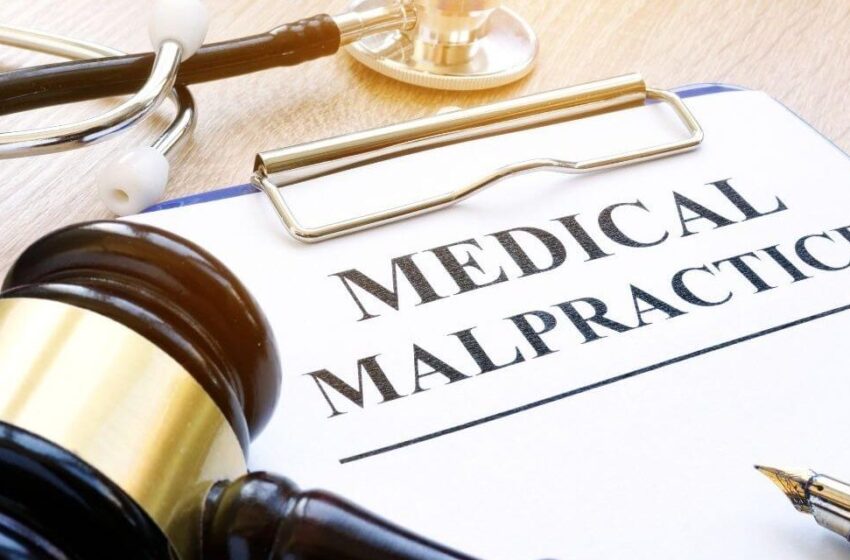How Can You Recognize Professional Malpractice?

Professional malpractice, also known as professional negligence, occurs when a professional fails to provide the level of care, skill, or service that a reasonable professional in their field would have provided under similar circumstances.
It can harm or damage the client or patient and give rise to a legal claim for damages. If you believe you have been the victim of professional malpractice, it is essential to recognize the signs and take action as soon as possible.
It would also be beneficial for you to contact wslaw.nyc for legal assistance regarding the issue.
Top ways to recognize professional malpractice:
- Unexpected or poor outcomes
If you have received professional services, the outcome differs from what you expected or is significantly worse. It could be a sign of professional malpractice. For example, if you go to a dentist for a routine filling and end up with a root canal, or if you go to a lawyer for help with a contract and end up with a lawsuit, it could be a sign of professional negligence.
- Lack of communication or transparency
If you are working with a professional and they are not keeping you informed about the progress of your case or the status of your work, it could be a sign of professional malpractice. Similarly, it could be a red flag if you feel like the professional needs to be more honest and transparent with you.
- Unprofessional behavior
If a professional is rude, disrespectful, or unprofessional, it could be a sign of malpractice. Professionals must act with integrity and treat their clients with respect. If they fail to do so, it could be a sign of negligence.
- Failure to follow procedures
Professionals must follow specific procedures and protocols in their work. If a professional is not following these procedures, it could be a sign of professional malpractice. For example, if a doctor fails to wash their hands or follow sterilization protocols, the patient could be at risk of infection.
- Lack of skill or knowledge
If the professional you work with does not have the necessary skill or knowledge to provide the services you need, it could be a sign of professional malpractice. For example, if you go to a lawyer for help with a complex legal issue and they seem unprepared or unable to handle the case, it could be a sign of negligence.
- Misrepresentation
If a professional has misrepresented their qualifications, experience, or expertise to you, it could be a sign of professional malpractice. For example, if you hire a doctor who claims to be a specialist in a particular field but is not actually certified in that field, it could be a sign of negligence.